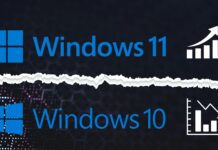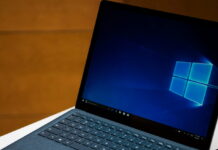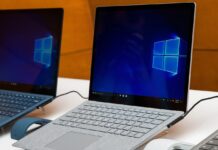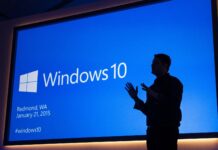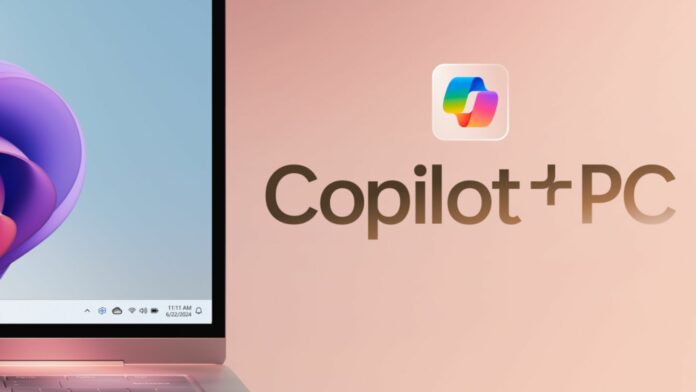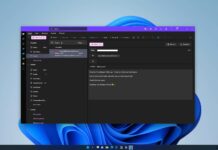2024 is undoubtedly the year of AI PCs. Microsoft has already launched its Surface lineup with Intel AI processors, and its consumer edition has now launched with Snapdragon X chips with NPU. Today, Microsoft also announced “Recall,” a new AI-powered feature for upcoming “Copilot+” PCs with Windows 11.
Windows 11 Recall is exclusive to Snapdragon X processors only because Intel and AMD chips do not meet the minimum hardware requirements of 40 TOPs. Like you, we were also surprised to hear that Microsoft is reserving the most interesting AI feature for a limited lineup of processors by Snapdragon.
The hardware requirements to run Recall are equally high. To use this feature, your PC must have:
- Snapdragon X Elite and X Plus.
- 40 TOPs.
- 225 GB Storage.
- 16 GB RAM.
But why do the requirements specifically mention Snapdragon X and X Plus? According to Microsoft, Windows 11’s Recall and other AI features require up to 40 TOPs (Tera Operations per Second).
These on-device AI processing capabilities are measured in TOPS (or trillions of operations per second).
| Processor | NPU Power | Peak (with GPU/CPU) |
| Snapdragon X Elite/Plus | 45 TOPS | 75 TOPS |
| Intel Meteor Lake | 11 TOPS | 34 TOPS |
| AMD Ryzen Hawk Point | 16 TOPS | 38 TOPS |
As the above table shows, Snapdragon X is significantly faster than the Intel and AMD AI chips, which is why the Windows 11 Recall AI is currently locked to Qualcomm hardware.
Microsoft’s strict hardware requirements for Recall will disappoint many users, but they are necessary for a quality experience and to keep data secure.
Up until now, Windows 11 users have only had access to Copilot, which is essentially just a glorified web result with summarization capabilities.
If you want to use Recall, upgrade to the upcoming lineup of Snapdragon X Elite PCs. But what is Recall?
Recall is a super-charged timeline preview
Recall allows you to search through your past actions by recording your screen and using that data to help you remember things.
Recall is able to see what you do on your PC, what apps you use, how you use the apps, and what you do inside the apps, including your conversations in apps like WhatsApp. Recall records everything, and saves the snapshots in the local storage.
Windows Latest understands that you can manually delete the “snapshots”, and filter the AI from recording certain apps.
So, what are the use cases of Recall? Microsoft describes Recall as a way to go back in time and learn more about the activity.
For example, if you want to refer to a conversation with your colleague and learn more about your meeting, you can ask Recall to look into all the conversations with that specific person. The recall will look for the particular conversation in all apps, tabs, settings, etc.

With Recall, locating files in a large download pileup or revisiting your browser history is easy. You can give commands to Recall in natural language, eliminating the need to type precise commands.
You can converse with it like you do with another person in real life.
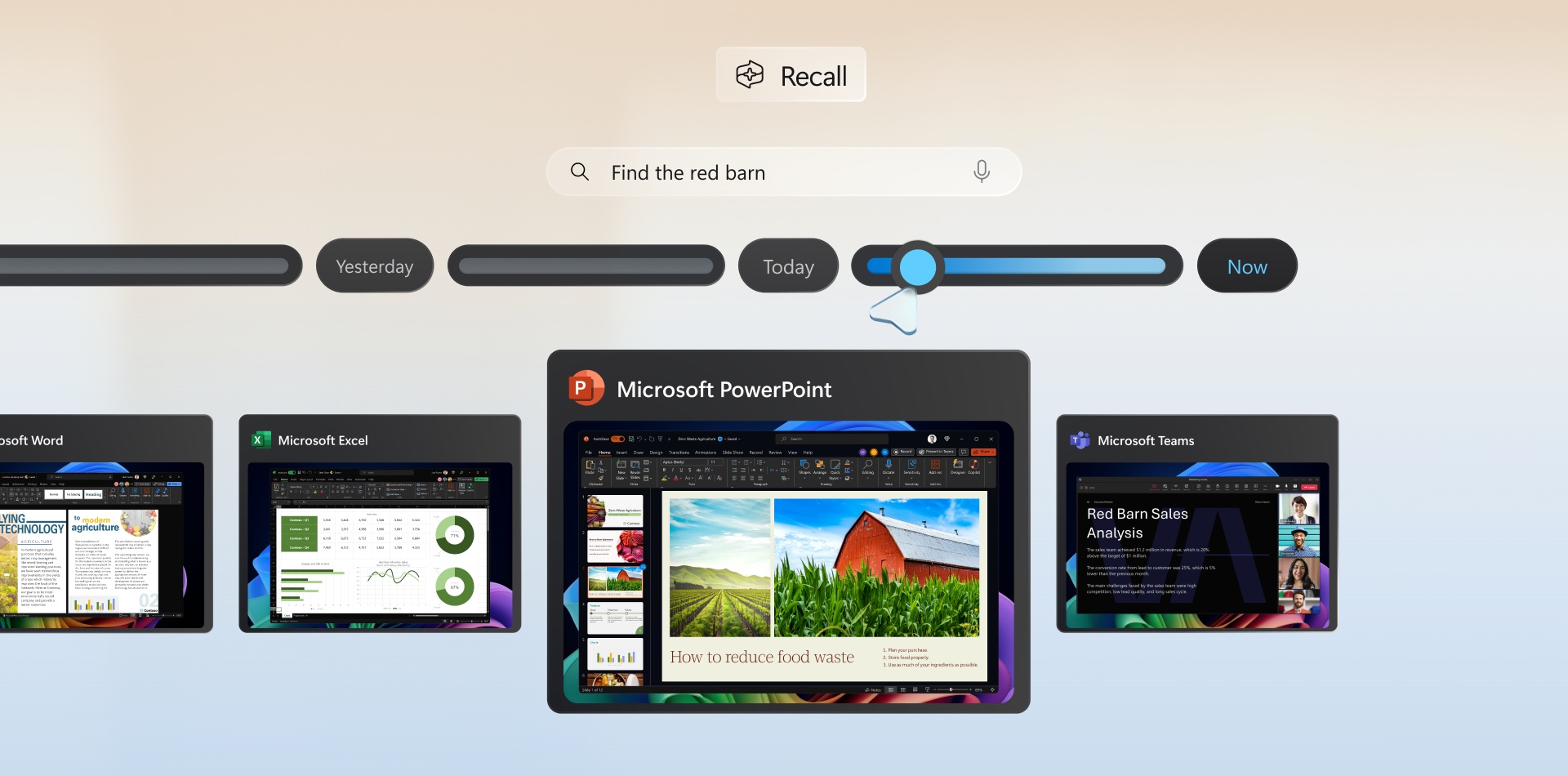
The feature runs natively and doesn’t store data in the cloud, so it’s not a privacy nightmare, at least in theory. You can delete the stored snapshots, adjust and delete time ranges in Settings, or pause Recall using the Taskbar icon. Moreover, filtering apps and websites to prevent them from being recorded is also possible.
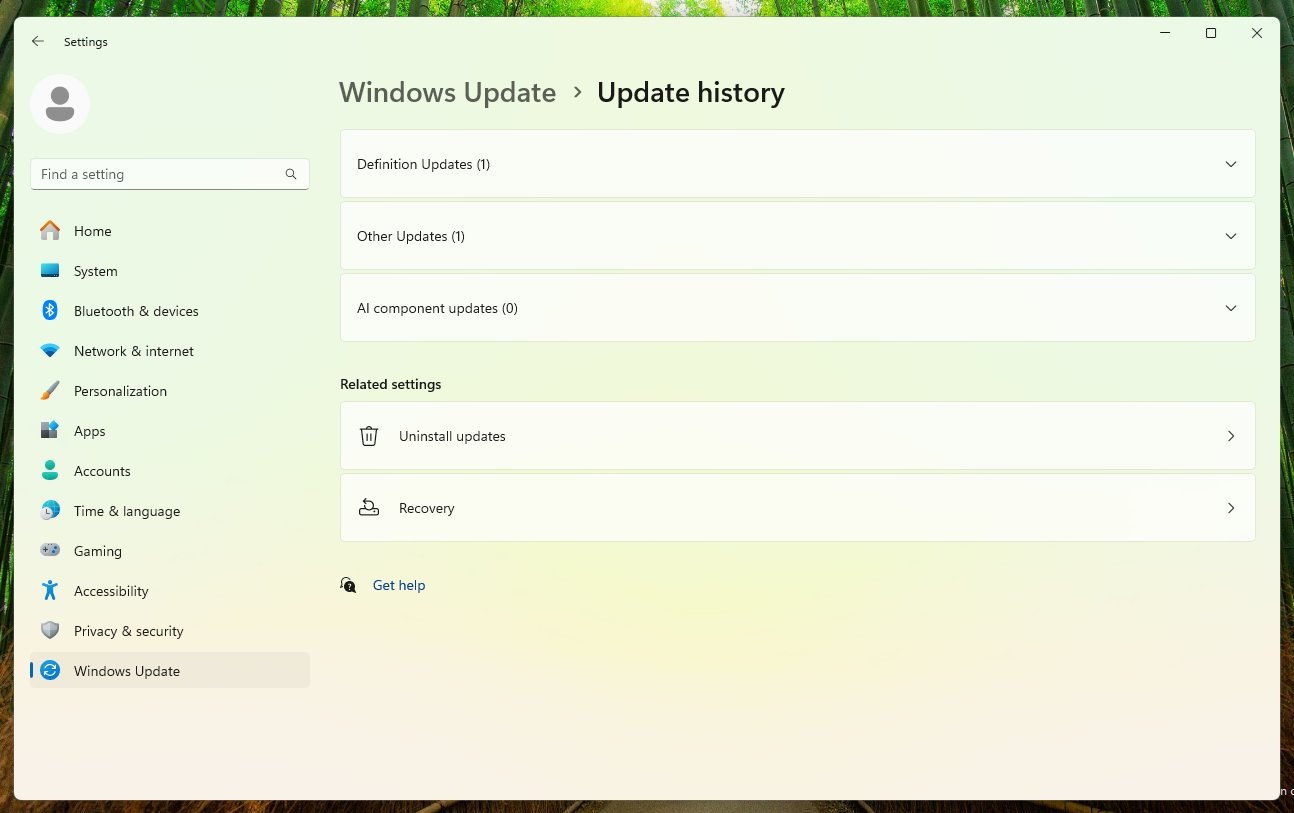
Microsoft has also added a dedicated update history section for Recall in the Settings app and a new Privacy and Security settings toggle.
You’ll be able to install updates for Windows 11 Recall AI and other features through Windows Updates.
However, you won’t be able to try Recall until the September/October 2024 update.
More AI Features
Apart from Recall, there are other upcoming AI features that you will like:
- Live Caption translations: Copilot+ PCs will be better at live translations, which is handy while watching something, in a video conference, and much more.
- Auto Super Resolution: Automatic Super Resolution adds upscaling capabilities to apps. You can selectively turn this feature on or off for any app.
- Enhanced image and text generation with Cocreator: Microsoft plans to rebrand Paint Cocreator to Image Cocreator and will offer better-quality images and text generation via Copilot.
- Advanced Windows Studio Effects: Windows Studio Effects automatically adjusts the camera to blur the background, curb audio noise, clear the video quality, and more.

Remember that all these experiences are exclusive to Microsoft’s just-announced “Copilot+” PCs, such as the Surface Pro and Surface Laptop.
The company claims that the PCs offer up to 15 hours of web browsing, 20 hours of video battery life, and uncompromised performance, which is just what Windows 11 needs.
To add salt to the wounds, Microsoft said that Copilot+ PCs are 58% faster than MacBook Air M3. Copilot+ PCs from OEMs like Asus, Dell, and four others will debut on 9th June 2024.






